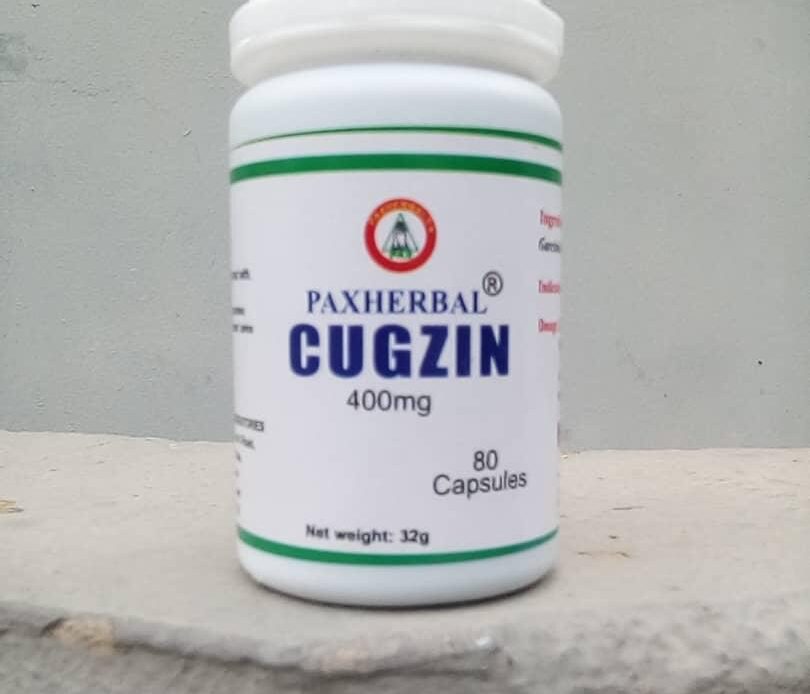
In a disclaimer dated July 11, 2020, NAFDAC, reacting to claims that its Agency has approved the Pax Herbal Clinic and Research Laboratories Cugzin, for the Treatment of symptoms associated with COVID-19, said, “Pax Herbal applied for listing of Pax Herbal Cugzin capsule 290mg, which was approved by NAFDAC and listed as ‘safe to use.’
“The applicant claimed that it is an immune booster and an anti-infective. However, as part of the labelling of the product, and in line with global practice, a disclaimer is on the product label, which clearly states that the claims have not been evaluated by NAFDAC.
“Therefore, the statements circulating in the social media that NAFDAC has approved Pax Herbal product ‘specifically for treating symptoms associated with Coronavirus’ is WRONG and INACCURATE.
“Until a clinical study is done in a scientific manner, no herbal medicine manufacturer can claim effectiveness to treat COVID-19 associated symptoms.”
From the above, what is clear is that NAFDAC being only a regulatory body, does not want the public to be under the impression that LISTING A PRODUCT AS SAFE TO USE is one and the same with APPROVING THE CLAIMS OF SUCH A PRODUCT.
NAFDAC has not denied granting the Pax Herbal Cugzin a NAFDAC number, neither has NAFDAC denied the fact that the product did meet all the needed requirements for listing. What NAFDAC denies is the INSINUATION that “it has approved Pax Herbal product ‘specifically for treating symptoms associated with Coronavirus'” (see Punchng.com).
In line with this disclaimer, the title of our earlier publication has been modified from “NAFDAC APPROVES PAX HERBAL REMEDY FOR COVID-19”, to “NAFDAC APPROVES PAX HERBAL REMEDY AS SAFE TO USE“. In as much as we do not see anything wrong with the previous title, in the context in which it was used, we do not want anyone to claim that the previous title is misleading.
In the spirit of true journalism and within the ethics of the profession, we realise that we have a moral obligation to avoid any misinterpretations or misrepresentations, as a result of the previous title, even when we cannot take responsibility for such erroneous nuances. The general public is hereby advised to take NOTE.
Having said that, and NAFDAC’S disclaimer notwithstanding, the claims of the Benedictine Monks regarding the use of the Novel Cugzin remains valid, and it is in that context that the previous title was used. If it’s not in NAFDAC’S place to approve claims, I doubt it would be in its place to disapprove of them either; at least, not at this stage. In this latter sense, NAFDAC’S disclaimer can also be said to be misleading.
N.B: You may also want to see this interesting perspective by Chido Nwakanma on INCOHERENCE ON COVID-19 DRUG BETWEEN NAFDAC AND PAXHERBAL
1 Comment